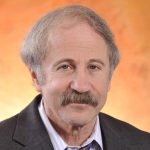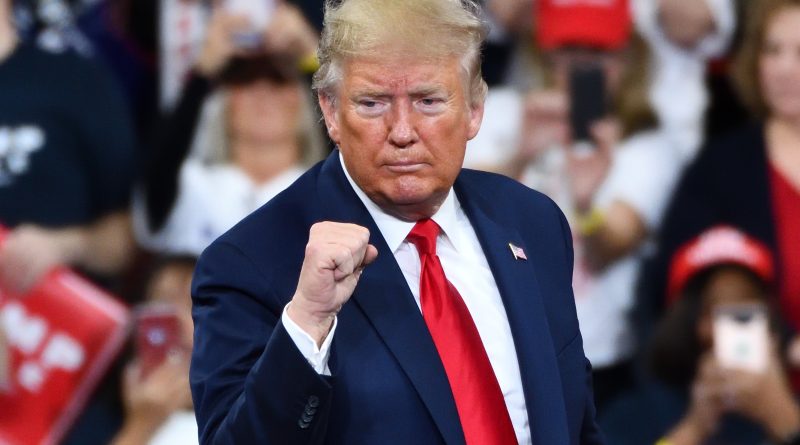The Salvation of Genuine Political Debate, Missing in Action in Political America
I just returned from my top regional convention, the Eastern Communication Association’s, which, parenthetically, I think may be the top communication convention in the country since the National Communication Association went full progressive about 5+ years ago.
My own status in my field has been enhanced by my teaching and service, but nothing has certified my standing more than an article I wrote in 1973 called “The Myth of the Rhetorical Situation,” countering to that time perhaps the most influential piece in the field, Lloyd Bitzer’s “The Rhetorical Situation.” Both were in the top journal of their time, Philosophy and Rhetoric.
Bitzer, in short, argued that reality completely constrains and produces persuasion. I argued that reality, save for matters such as death and, say, catastrophic weather events, is created by rhetoric. To Bitzer, Persuasion, my field and nominally his, “lacks philosophical warrant as a practical discipline,” as it was simply a function of reality.
I was teaching at North Carolina State University when my article came out. In tune with the political superficiality of academe, there was to be no debate between Bitzer and me.
Almost weekly, people would suggest to me that they could not imagine a more fruitful debate for the field.
Bitzer was not interested and literally refused to speak to me through his passing more than forty years later, as did also his more zealous supporters. He would never debate, in my view, because his position was unsustainable. For decades his position was the more popular of the two of us, although in the last 10-15 years this has been turning around.
If one adopts Bitzer’s view in essays, one can argue that reality, as understood by the writer, dictates ethical and wise political judgments.
There is no better way to test perspectives than in the marketplace of ideas. Debate inside or outside academia can be invaluable. You can see great collegiate debates on YouTube. You can watch greater debates in William F. Buckley’s Firing Line [I was a guest on that show] wherein well-educated people learned that to debate Buckley was a major obstacle to winning adherence for an argument.
Days ago, on March 30, 2025, Hillary Clinton wrote an important op-ed in The New York Times, important to the country regardless of what one thinks of her personally.
I don’t much admire Hillary, just as I don’t much admire President Trump personally, but I support his policies more than hers. Yet…
She has made trenchant arguments against Trump Administration policies in her article, to wit: Trump policies make no sense as in 1. “Firing hundreds of federal workers charges with protecting our nation’s nuclear weapons…”; 2. “Mass layoffs are…hitting the intelligence Agencies;” 3. …[T]he administration’s plan to close embassies and consulates, fire diplomats and destroy the U.S. Agency for International Development” will have disastrous consequences, including in our competing with Beijing and safeguarding our intelligence to just name a couple of negative outcomes.
How could there not be national debates on these issues, with representatives from the Administration and the Democratic party — not just back and forth editorials.
We need debates, substantive debates, not monologues including personal attacks, after principals ignore their opponents’ arguments.
A truly confident democracy would encourage substantive debates, not with high-profile partisan media stars but with genuinely disinterested sponsors and judges.
We hear all about everybody’s support of “democracy” — let’s show it with issue debates bereft of political invective.
The results could be a country with better and wider decision-making and more responsible public policies.

Richard E. Vatz https://wp.towson.edu/vatz/ is a Distinguished Professor Emeritus of political rhetoric at Towson University and author of The Only Authentic of Persuasion: the Agenda-Spin Model (Bookwrights House, 2024) and over 200 other works, essays, lectures, and op-eds. He is the benefactor of the Richard E. Vatz Best Debater Award at Towson. The Van Bokkelen Auditorium at Towson University has been named after him.

